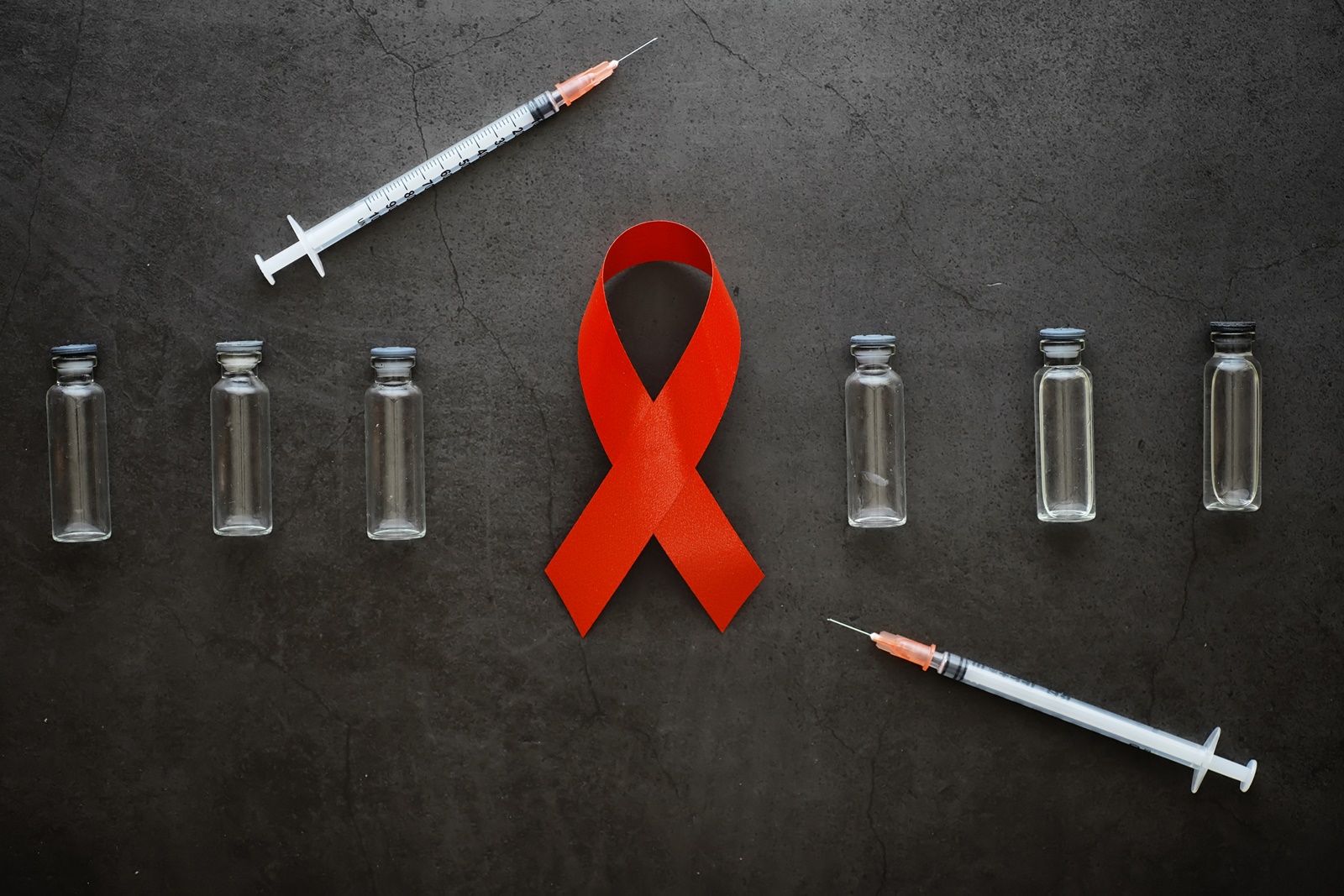What is Immunodeficiency Disorders?
Immune deficiency diseases or disorders result when the immune system is either absent or not functioning properly. This type of disorder makes it easier for you to catch viruses, bacterial infections, and you will be more susceptible to cancer.
Who is at Risk for Immunodeficiency Disorders?
Those who have a family history of primary immunodeficiency disorders have a higher-than-normal risk for developing primary disorders.
Aging also weakens your immune system because, as you age, some of the organs that produce white blood cells shrink and produce less of them.
Cancers and chemotherapy drugs can also reduce your immunity.



What are Immunodeficiency Syndromes?
The most common presenting feature is frequent infections
The development of severe, persistent recurrent bacterial infection is a better indicator.
Common gastrointestinal symptoms include diarrhea, malabsorption, and failure to thrive or losing weight.
Important signs that may indicate primary immunodeficiency include:
- Recurrent, unusual or difficult to treat infections
- Poor growth or loss of weight
- Recurrent pneumonia, ear infections or sinusitis
- Multiple courses of antibiotics or IV antibiotics necessary to clear infections
- Recurrent deep abscesses of the organs or skin
- A family history of PIDD
- Swollen lymph glands or an enlarged spleen
- Autoimmune disease
What are symptoms of Immunodeficiency Disorders?
Each disorder has unique symptoms that can be frequent or chronic. Some of symptoms or signs to keep in mind :
- Pinkeye
- Sinus infections
- Colds
- Diarrhea
- Pneumonia
- Yeast infections
Contact our office today if you believe you may be at risk and/or are experiencing some of the symptoms listed above.


